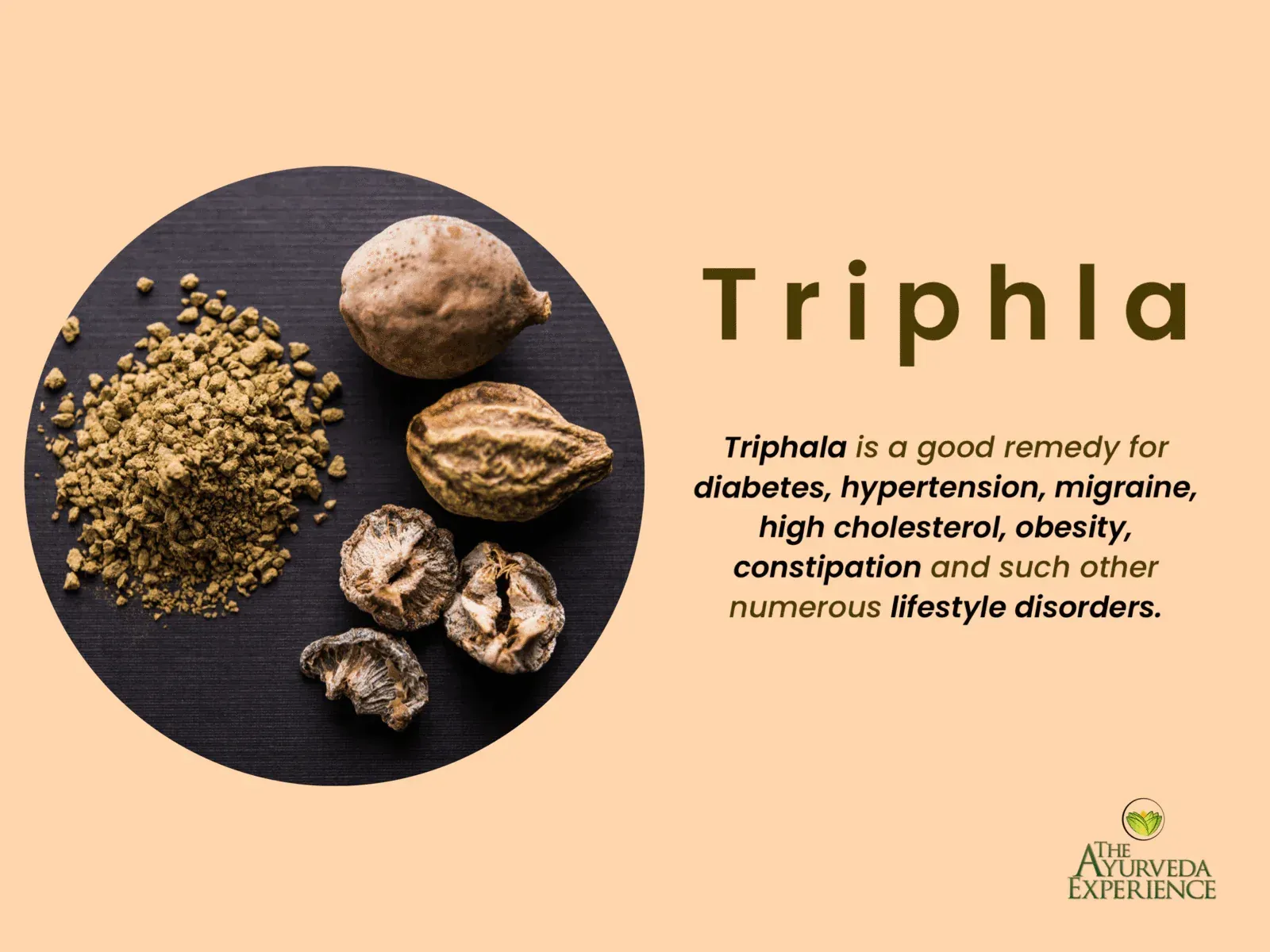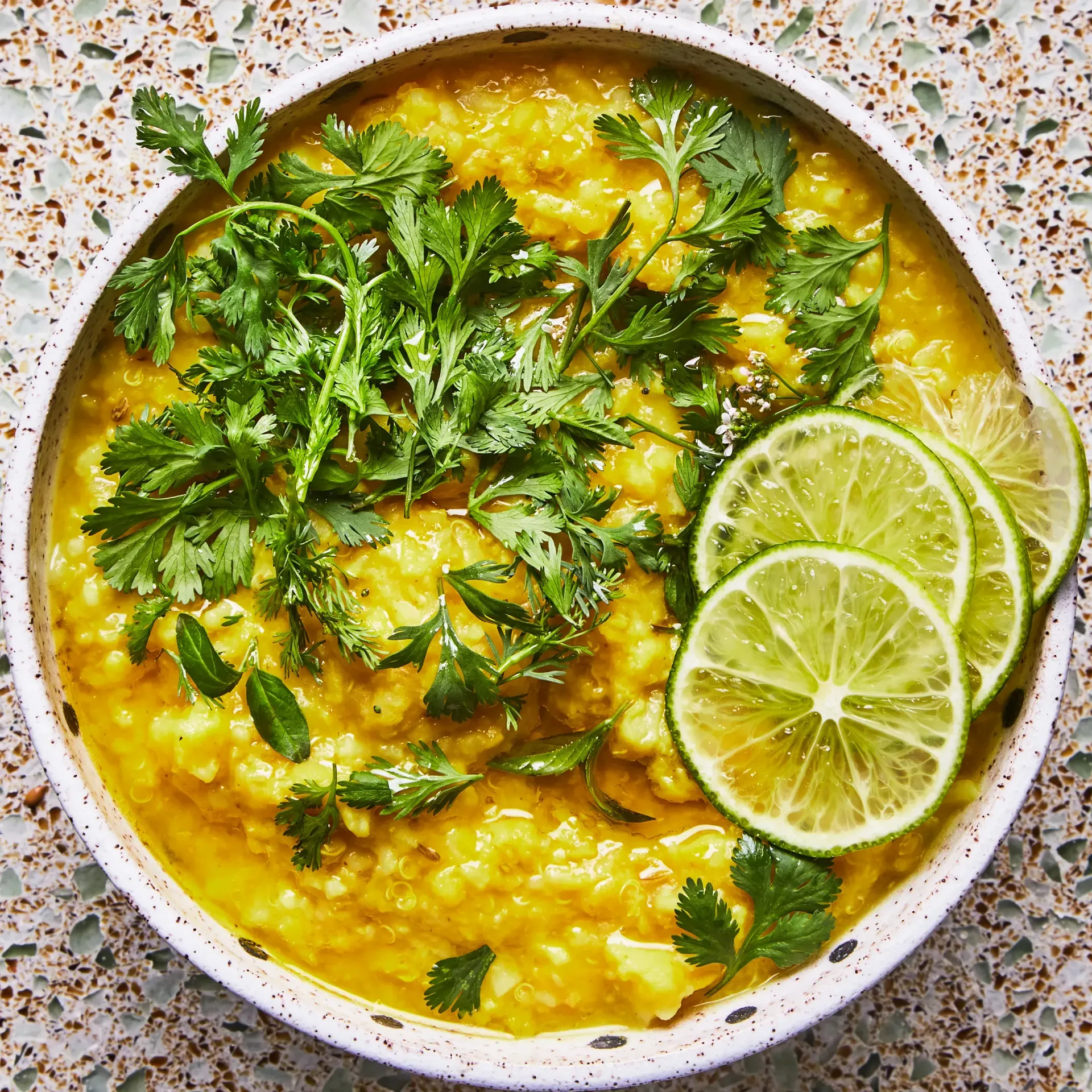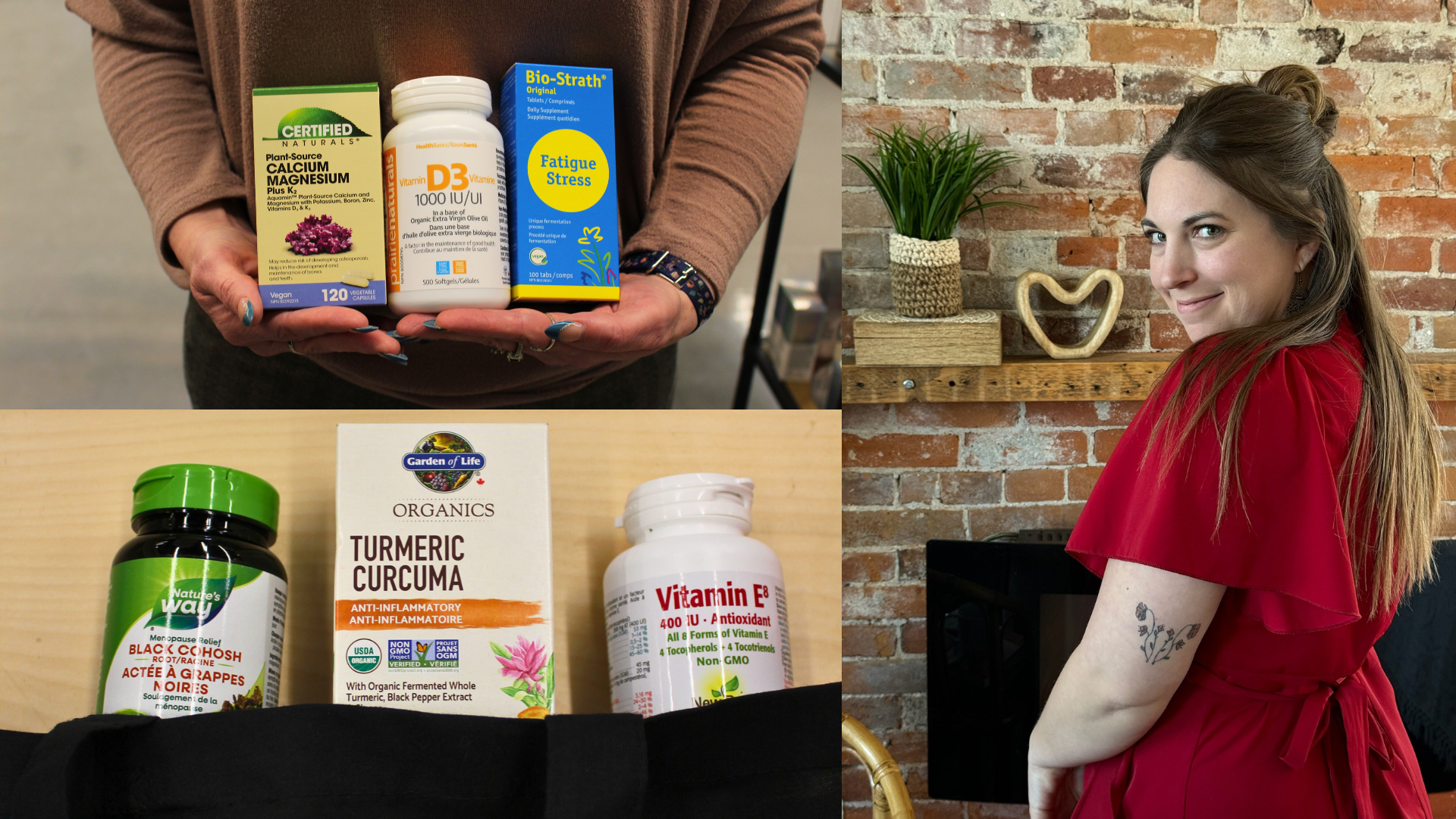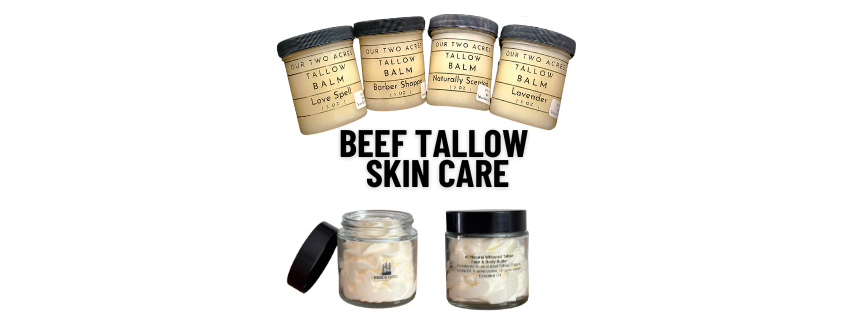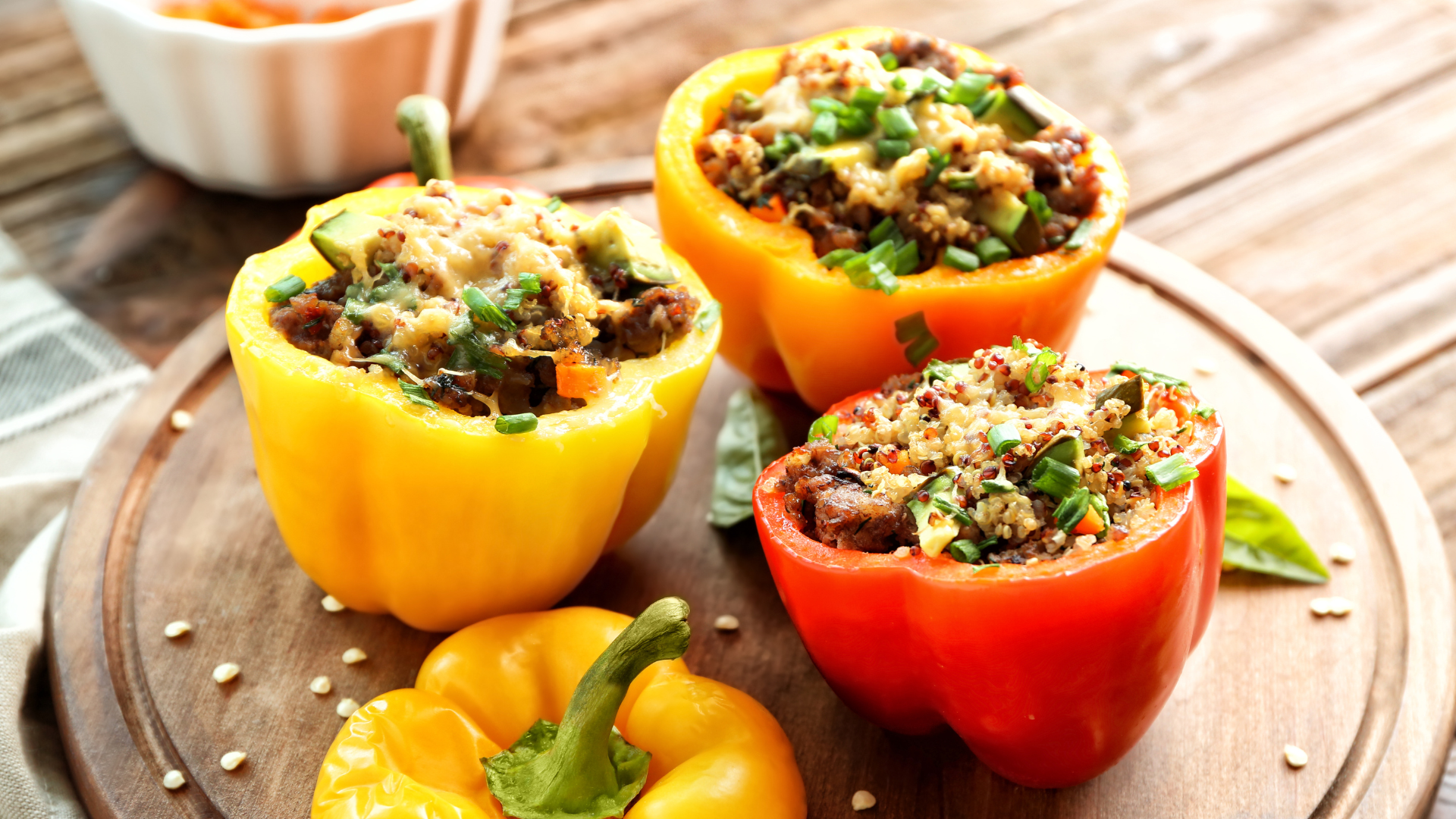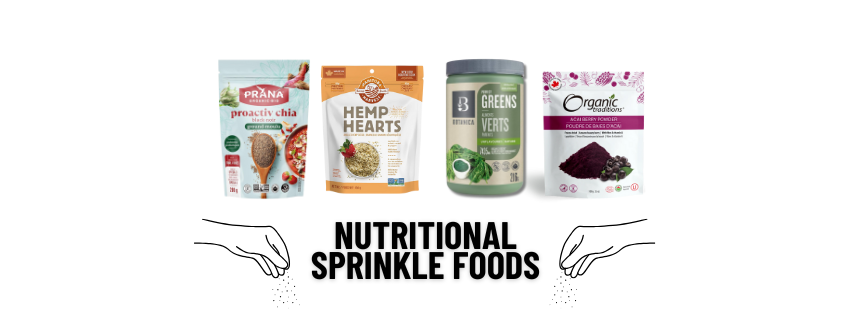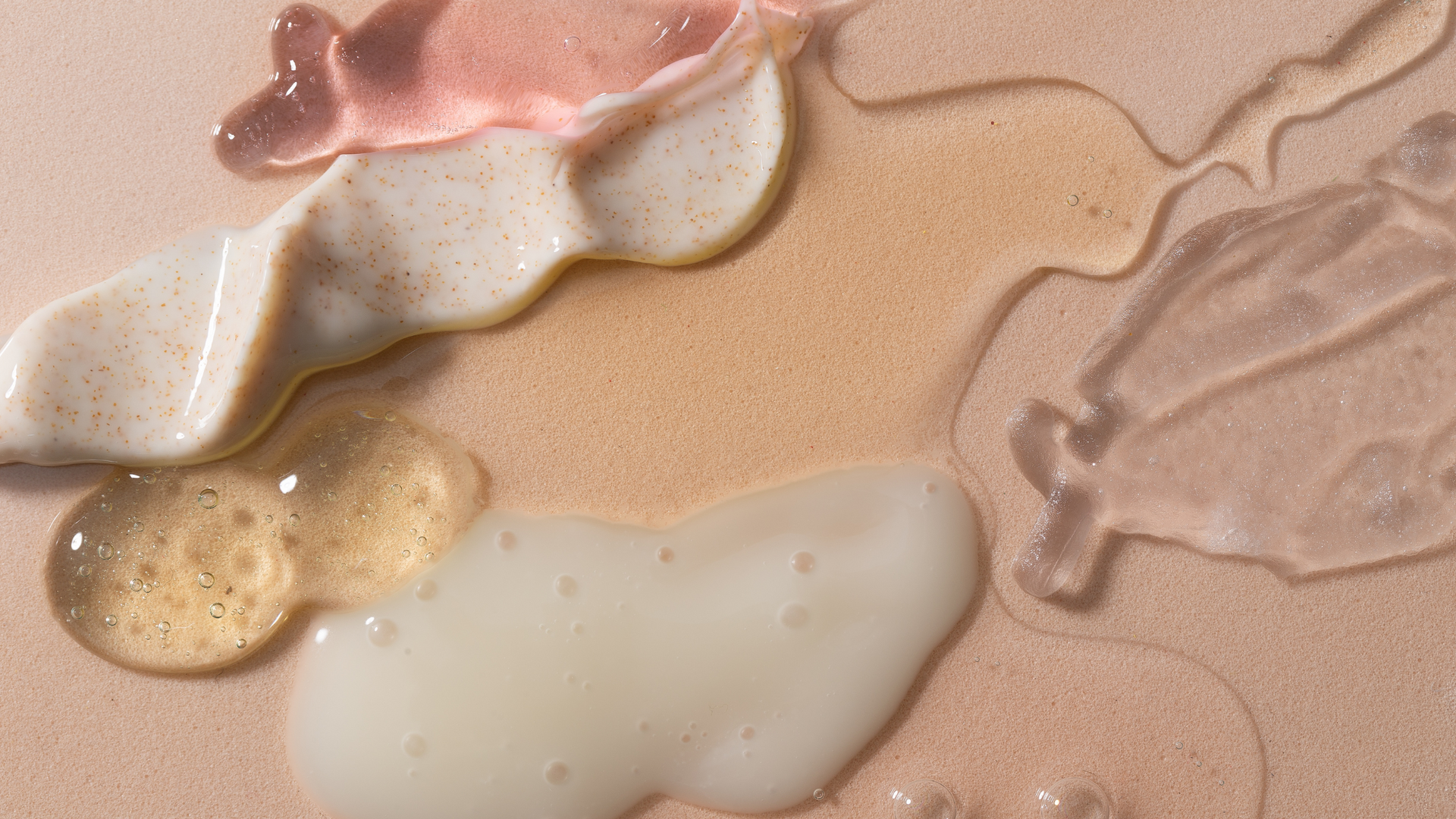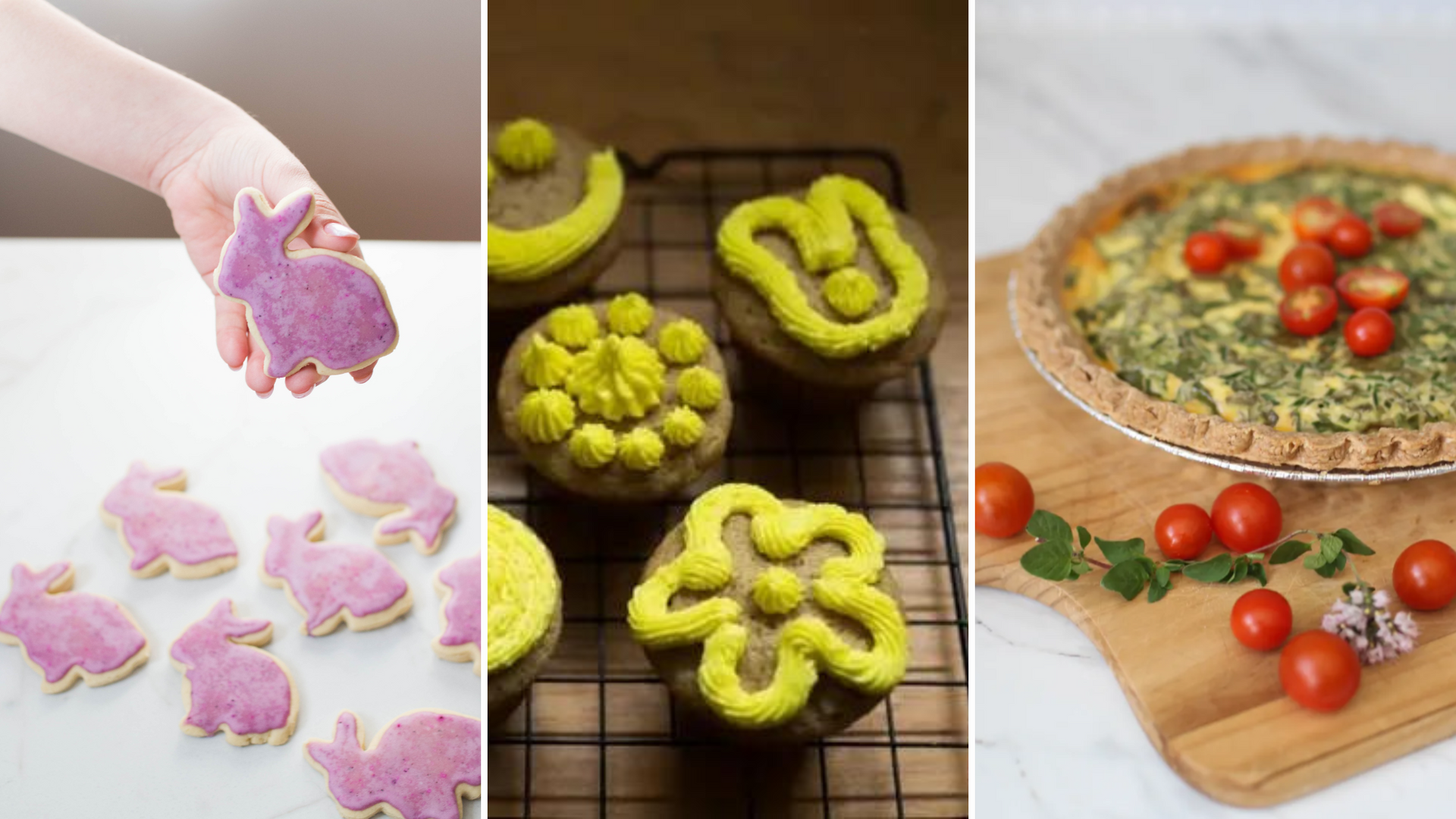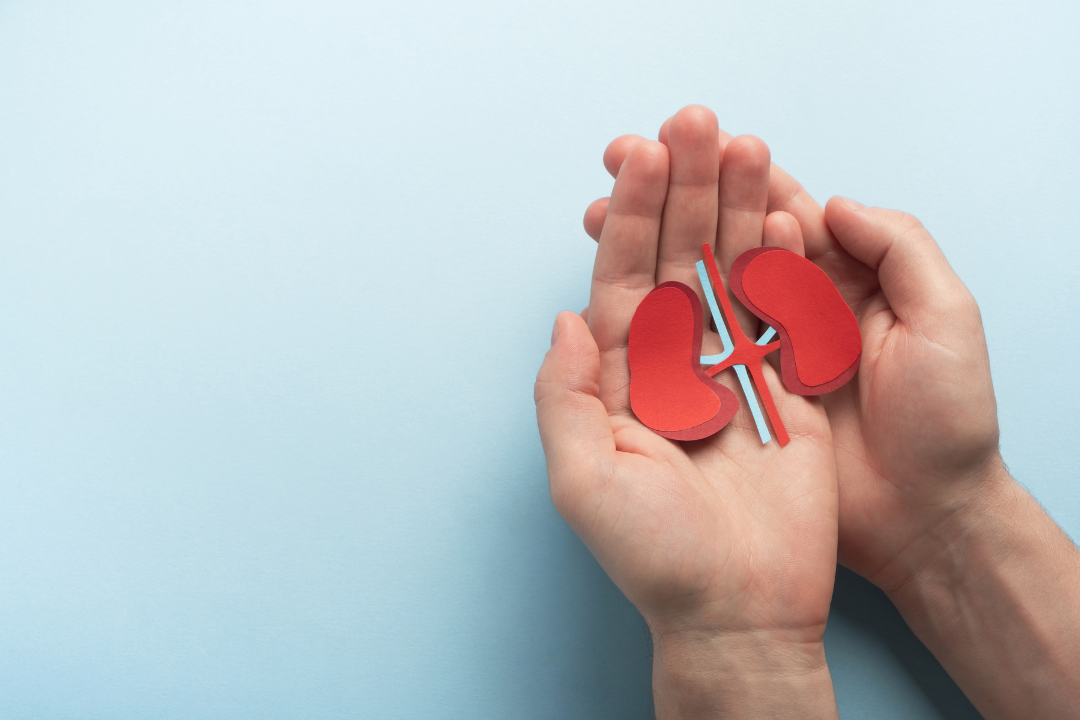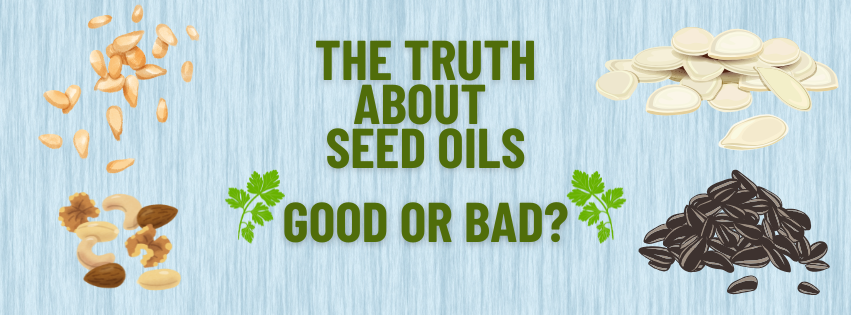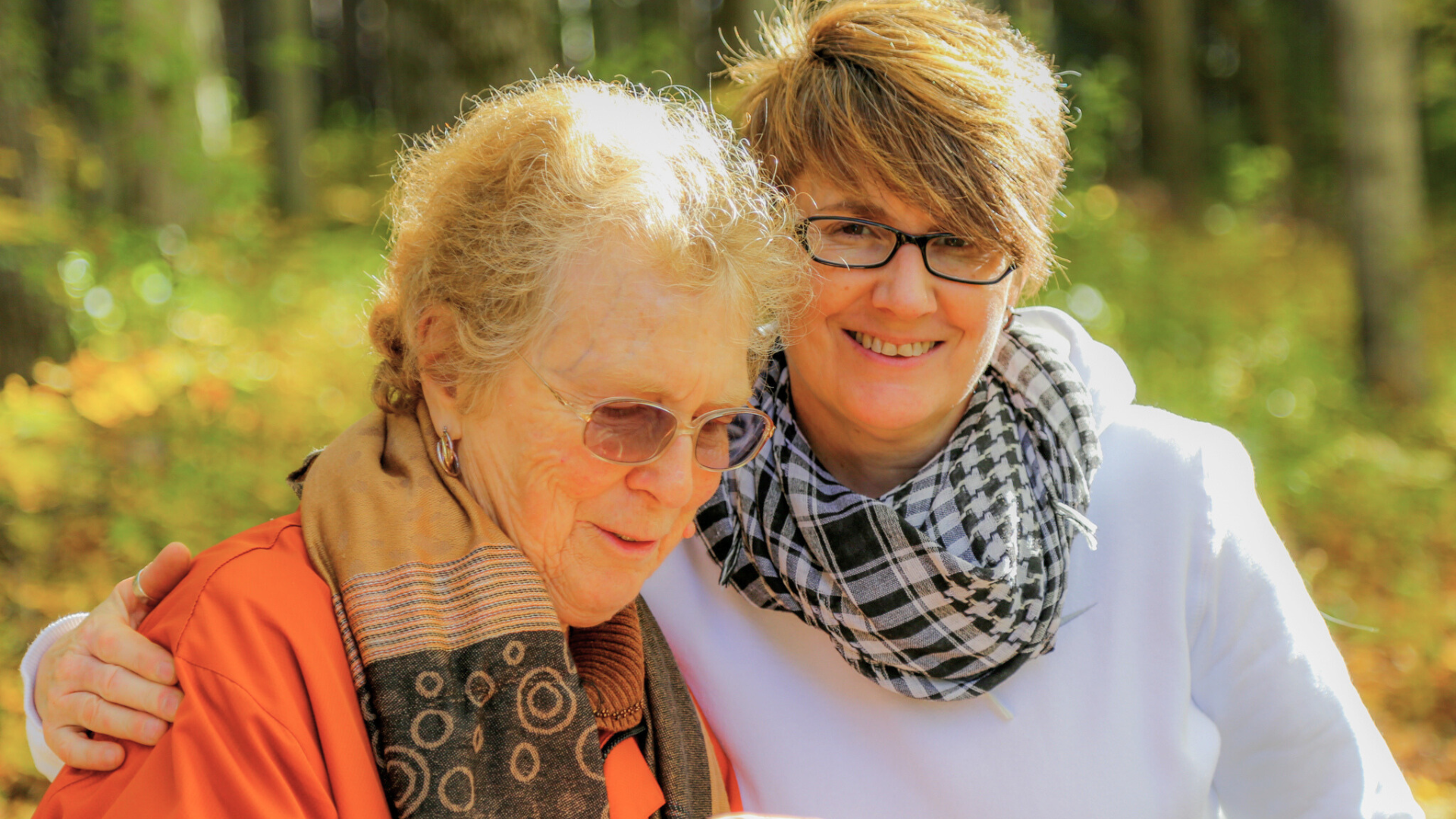Do not perform panchakarma if you are pregnant, weak or debilitated. This short version of the cleansing program is from Shannon Sexton, former editor of Yoga International. A full panchakarma program at an Ayurvedic facility would entail extensive use of oils, massage, and other therapeutic treatments. This is to give you a sample of this elegant healing system.
Perform this cleanse at a time when you can be quiet, perform gentle exercises such as yoga, practice meditation, and spend time outdoors. This is particularly important for days 4 thru 8.
First determine your Ayurvedic constitution (dosha). There are numerous online self-tests. Adopt a diet suited to your dosha at the beginning and plan to continue when the cleanse is completed.
Days 1-3
Drink 2 ounces of warm ghee first thing in the morning. If you have high cholesterol or blood pressure have 2 tablespoons of flax oil before meals. Vata should add a pinch of whole salt.
At bedtime take ½ -1 tsp of Triphala or capsules, and go to bed.
Days 4-5
Eat only Kitchari for breakfast, lunch, and dinner.
Drink a tea specific to your dosha:
- Vata: equal parts ginger, cumin, and coriander
- Pitta: equal parts cumin, coriander, and fennel
- Kapha: equal parts of ginger, cinnamon, and a pinch of clove
Near bedtime message your body with oil specific to your dosha: sesame for Vata, sunflower for Pitta, corn oil for Kapha. Allow a few minutes for some of the oil to absorb then have a hot shower or bath and scrub your skin but allow some of the oil to remain.
Take a dose of Triphala and go to bed.
Days 6-8
Continue Kitchari, tea, evening massage, shower, and Triphala. At bedtime make an infusion of
dashamoola
(if you can find), coffee, or slippery elm in 2 cups of water and use it as a
Basti
(enema). Retain as long as possible.
Days 9-12 and BEYOND
On day 9 add steamed vegetables to your Kitchari. Gradually transition to a healthy diet suitable to your dosha.
Continue purposeful periods of rest, meditation, and constructive eating.
Continue with Triphala for 2-3 months or use ongoing to maintain healthy digestion and colon function.
Other helpful therapies are daily use of a Neti pot and tongue scraper.
Over time panchakarma with purify and strengthen both body and mind.
Kitchari Recipe
- 1 cup basmati rice and ½ cup split or sprouted mung beans
- 2-3 Cups of seasonal vegetables
- 1 tbsp ghee melted in a medium saucepan
- Stir 1 bay leaf, ¼ tsp mustard seed, ½ tsp cumin seed, ½ tsp turmeric, ½ tsp coriander, 1pinch asafoetida or garlic powder
Sauté seeds until they pop. Add other spices and beans and sauté. Add 7 cups of boiling water and simmer for 30 minutes.
Add rice and vegetables (and more water if necessary). Bring back to a boil and simmer for 20 minutes or until the rice if fully cooked.
Add salt to taste. Optional garnish of coconut, mint, or cilantro can be used. Vata constitutions can add more ghee to their individual serving.

